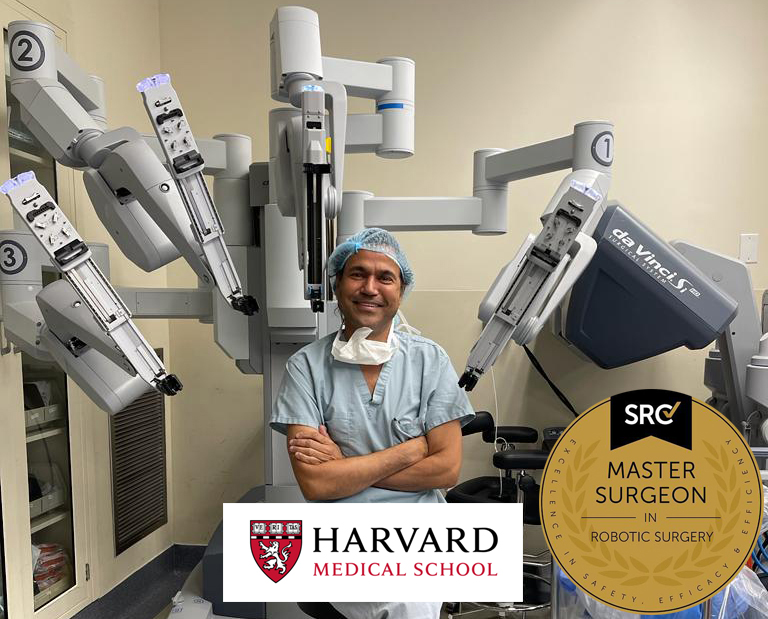子宫内膜异位症误诊
Endometriosis is frequently misdiagnosed due to overlapping symptoms with other conditions, lack of awareness among healthcare providers, and the need for invasive diagnostic procedures.
Misdiagnosis of endometriosis refers to the situation where a person with endometriosis is given an incorrect diagnosis, usually of another condition, by a healthcare provider. It means that the healthcare provider fails to recognize or correctly identify the presence of endometriosis in the patient.
The misdiagnosis of endometriosis can take various forms. It may involve attributing the symptoms to another physical health condition, such as gastrointestinal issues or urinary tract problems. Additionally, endometriosis may be mistaken for a mental health problem, particularly when symptoms like chronic pain and emotional distress are present.
Endometriosis is often misdiagnosed for several reasons:
- Symptom Overlap: The symptoms of endometriosis can mimic those of other conditions, leading to misdiagnosis. Common symptoms of endometriosis include pelvic pain, heavy or irregular menstrual periods, pain during intercourse, and infertility. These symptoms can also be associated with other gynecological, gastrointestinal, or urinary tract disorders, such as ovarian cysts, irritable bowel syndrome (IBS), or urinary tract infections. The similarity in symptoms can make it challenging to differentiate endometriosis from other conditions.
- Lack of Awareness: Endometriosis historically received less attention and research compared to other conditions, resulting in a lack of awareness among both the general population and healthcare providers. This limited awareness can contribute to a delayed diagnosis or misdiagnosis. Many healthcare professionals may not consider endometriosis as a potential cause of symptoms and may focus on more common conditions, leading to misdiagnosis.
- Diagnostic Challenges: Diagnosing endometriosis definitively requires a surgical procedure called laparoscopy, which involves inserting a small camera into the abdomen to visualize and remove endometrial lesions. However, laparoscopy is an invasive procedure and may not be performed unless endometriosis is strongly suspected. Non-invasive diagnostic methods, such as imaging tests like ultrasound or MRI, cannot reliably detect endometriosis, further complicating the diagnosis process.
- Normalization of Symptoms: Many individuals with endometriosis may consider their symptoms, such as menstrual pain, as a normal part of their menstrual cycle. Similarly, healthcare providers may dismiss symptoms as typical menstrual discomfort, leading to a delay in seeking a diagnosis and contributing to misdiagnosis.
- Bias and Stereotypes: Gender bias and stereotypes can also play a role in misdiagnosis. Endometriosis primarily affects individuals assigned female at birth, and there is a historical tendency to downplay or dismiss women’s pain and reproductive health concerns. This bias can result in healthcare providers attributing the symptoms to psychological factors or generalizing them as “women’s issues,” leading to misdiagnosis or delayed diagnosis.
To address the issue of misdiagnosis, it is important to improve education and awareness about endometriosis among healthcare providers, enhance diagnostic tools and techniques, and promote a more comprehensive and inclusive approach to women’s health, where symptoms are taken seriously and thoroughly investigated to ensure accurate diagnoses.
Perceptions of Endometriosis Misdiagnosis from the Patient's Perspective
A study conducted by Allyson C Bontempo and Lisa Mikesell in 2020 investigated patient perceptions of misdiagnosis in endometriosis through an online national survey.
Here are the key findings from the study:
- Diagnostic Delay: The average reported diagnostic delay for endometriosis was 8.6 years. This means that, on average, it took 8.6 years for patients to receive a correct diagnosis for their endometriosis.
- Misdiagnosis Rates: 75.2% of patients reported being misdiagnosed with another physical health condition (95.1%) and/or a mental health problem (49.5%). This indicates that the majority of patients initially received incorrect diagnoses before being correctly diagnosed with endometriosis.
- Types of Misdiagnoses: Among the misdiagnosed patients, gynecologists were responsible for misdiagnosing 53.2% of them, followed by general practitioners who misdiagnosed 34.4% of the patients.
- Factors Influencing Misdiagnosis: Several factors were found to be associated with a higher likelihood of reporting a misdiagnosis. These factors include experiencing virtually all symptoms associated with endometriosis and having endometriosis in specific locations such as the bladder, small bowel, pelvic sidewall, and rectum. Additionally, reporting a misdiagnosis of a physical health condition was exclusively associated with endometriosis on the appendix, while reporting a misdiagnosis of a mental health problem was exclusively associated with a younger age of symptom onset, endometriosis on the diaphragm, large bowel, lung, and ureter, as well as having a comorbid diagnosis of adenomyosis.
In summary, this study found that endometriosis diagnosis is often delayed, and a significant proportion of patients are initially misdiagnosed with other physical or mental health conditions. Gynecologists and general practitioners were the most common healthcare providers involved in these misdiagnoses. Various factors, such as symptom profile and the location of endometriosis, were associated with a higher likelihood of misdiagnosis.
New York Gynecology Endometriosis (NYGE) is committed to accurate diagnosis and effective treatment. We understand the challenges associated with misdiagnosis and the impact it can have on patients’ lives. Our highly skilled team, led by Dr Pankaj Singhal, stays up to date with the latest advancements in endometriosis research and treatment options.
By prioritizing thorough evaluations and utilizing state-of-the-art diagnostic techniques, we strive to provide our patients with precise and personalized care. At New York Gynecology Endometriosis, you can trust that your concerns will be heard, and an accurate diagnosis will be reached to guide the most appropriate treatment plan for your individual needs.

- New York Gynecology Endometriosis
- Contact Info:
-
375 E. Main Street,
Suite 7, Bay Shore,
NY 11706 - (631) 533-9733
Pankaj Singhal, MD, MS, MHCM
机器人手术外科医生大师
Pankaj Singhal 博士是全球公认的子宫内膜异位症外科医生,在腹腔镜切除手术方面拥有超过 25 年的专业知识,这使他能够充满信心地应对最具挑战性的子宫内膜异位症病例。 Pankaj 医生治疗患有多种子宫内膜异位症相关疾病的患者,从卵巢子宫内膜异位症到影响肠道和其他器官的严重深部浸润性子宫内膜异位症。
Pankaj 医生优先考虑微创手术并提供全面的个人护理。此外,他还是纽约妇科和子宫内膜异位症 (NYGE) 的所有者和创始人,并一生致力于倡导、尊重和治疗患有这种鲜为人知的疾病的女性。他是全美国少数完成超过 5,718 例机器人辅助妇科手术的外科医生之一。

我们接受大多数主要保险计划
便捷的计费选项,全面覆盖。
手术通常由健康保险承保。然而,承保范围可能会有所不同,具体取决于具体的保险计划和保单。一些保险计划可能涵盖广泛的外科手术,包括选择性和必要的手术,而其他保险计划可能对某些手术有限制或排除。
在某些情况下,某些保险计划或计划可能会全额承担手术费用,使患者无需承担经济责任。
请求预约
New York Gynecology Endometriosis
"*" indicates required fields
